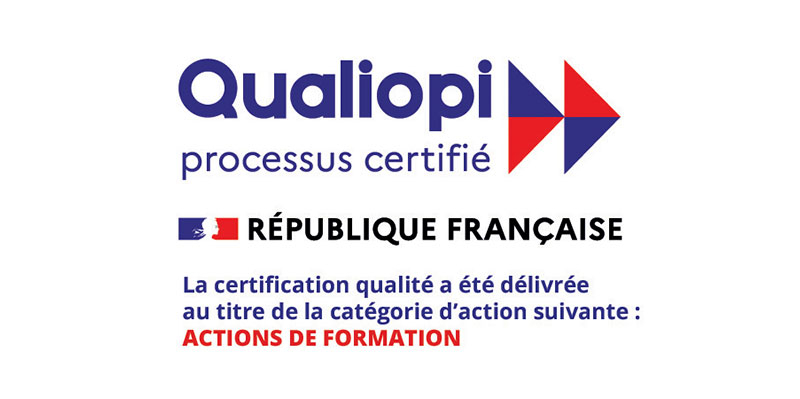In a ruling handed down on April 6, 2023 (RG n°21/00065), the Versailles Court of Appeal confirmed the hybrid status of the “assimilated employee” scheme available to certain public-sector hospital employees who provide consultancy services to companies in the healthcare sector.
The use of occasional experts working in public hospitals
This status is widely used by companies in the healthcare sector wishing to entrust expertise or consultancy services to doctors working in public health establishments.
Provided that hospital practitioners obtain authorization from their superiors to combine their activities, they may provide services on behalf of third parties. To provide a framework for such services, and to comply with the anti-gift law, it is important to draw up a service contract..
Within the framework of this contract, it is possible to provide for a special form of remuneration which may be similar to salaried employment. Indeed, the parties may decide to benefit from the provisions of article L. 311-3 27° of the Social Security Code, and to affiliate the consultant to the general scheme by assimilation. In this case, the consultant is referred to as an “assimilated employee”.
Making life easier for occasional hospital consultants
This possibility was introduced by Law no. 2006-450 of April 18, 2006 on the research program, with the aim of simplifying procedures and lightening the administrative constraints to which researchers carrying out expert appraisals and consultations were subject.
In principle, experts or consultants working as service providers are required to register with the health insurance funds as self-employed workers (TNS).
Such registration generates numerous administrative formalities, in particular declarations, and can be particularly restrictive if the fees invoiced in a given year do not reach high levels.
The government has therefore proposed that these occasional self-employed experts/consultants should benefit from affiliation to the general scheme for salaried workers, by including them in the professional categories listed in article L. 311-3 of the Social Security Code.
In practical terms, this means that researchers no longer have to register as self-employed workers (TNS), and that their clients (in particular companies in the healthcare sector) pay their contributions (deducted from their fees) directly to social security organizations.
In short, instead of paying a fee to the service provider, who is then responsible for paying social security contributions, the company commissioning the service pays the service provider a sum net of charges, equivalent to a salary, and must pay the corresponding social security contributions and employer’s contributions.
- Assimilation to employee status does not imply employee status
The Court of Appeal reiterated that this assimilation to the general scheme by virtue of the provisions of article L.311-3, 27° of the Social Security Code should not be considered as an employment relationship, and that consequently, if there is no link of subordination, the consultant does not have the status of an employee, and therefore the obligations linked to such status, and in particular the declaration prior to hiring, are not applicable to him.
In analyzing the facts of the case, and in particular the provisions of the copies of the service provision agreements submitted for discussion, the Appeal Court noted that these agreements included clauses relating to the expert’s obligations, the nature and duration of the services, financial conditions, reporting and transparency obligations, etc., and that it could not be deduced from these various clauses the existence of a subordinate relationship between the experts assigned by the company and the latter, in the absence of any element enabling the concrete exercise of their activity to be assessed.
The Court of Appeal also noted that the reimbursement of professional expenses incurred by the parties concerned for the purposes of their expert appraisal and consultancy assignments was equally inadequate to characterize the existence of a salaried relationship.
Finally, it concludes that there is no evidence to show that the company gives these researchers orders and directives, that it monitors their execution and that it sanctions any breach on their part, and that it cannot therefore be considered that the medical experts who work for this company are bound to it by a contract of employment and that they are employees in the narrow sense of the term.
In the absence of a subordinate relationship, the Court of Appeal has confirmed the hybrid nature of the status of these public hospital employees, who remain independent service providers, but who benefit from the same type of remuneration as an employee.
The spirit of the legislator, who wanted to encourage the development of consultancy activities by public-sector researchers within companies by lightening the administrative constraints induced by these consultancy activities, has thus been respected!
⇒ Thomas ROCHE, Lawyer




